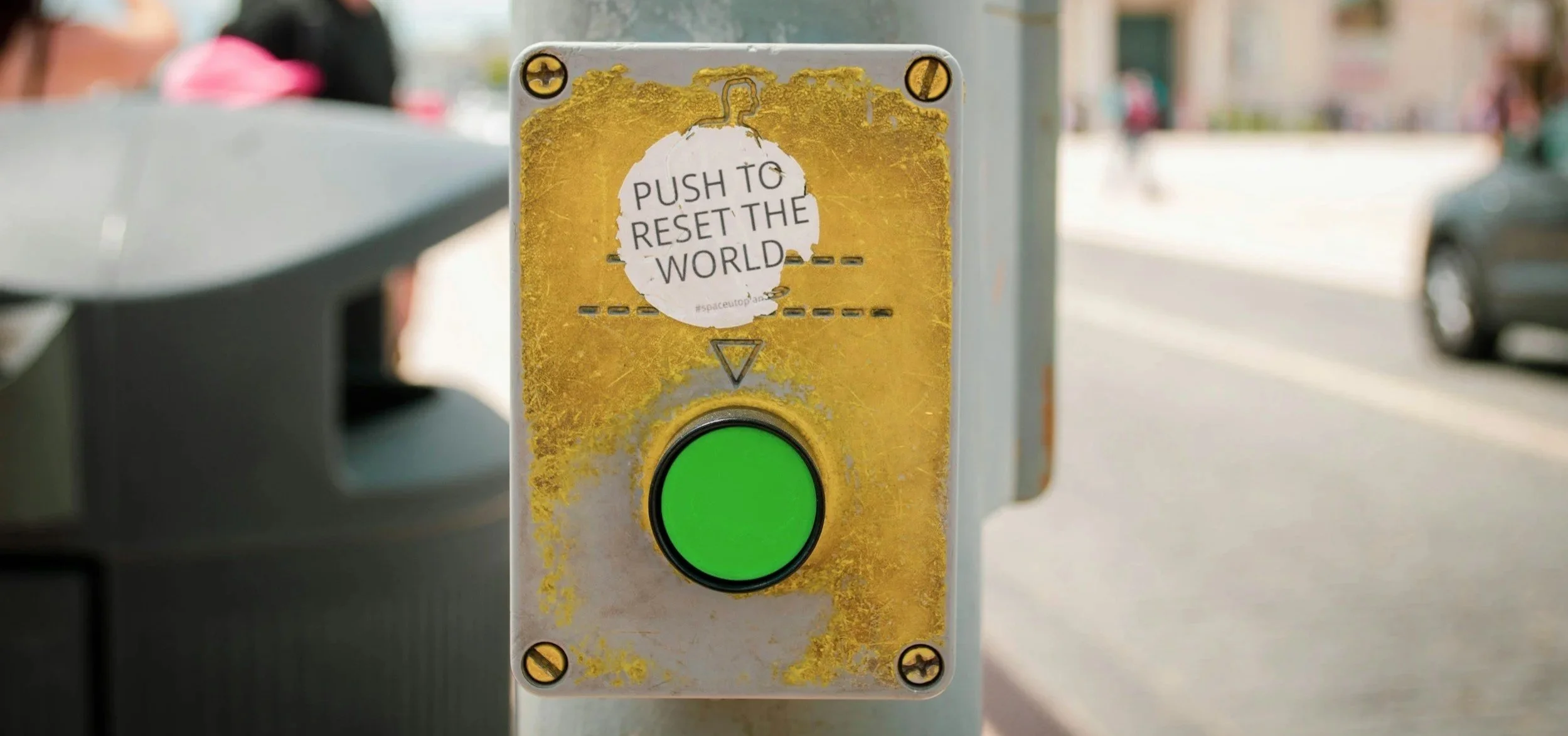Can You Refinance Student Loans After Consolidation?
Consolidation and refinancing can both be viable options when trying to simplify student loan repayment or lower monthly payments.
Combining student loan balances under one roof, either through consolidation or refinancing, has the potential to lower a borrower’s interest rate (in the case of refinancing), extend the repayment term, or both, which can reduce the monthly payment to a more affordable level.
Many borrowers, however, find themselves asking whether they can refinance student loans after they have already consolidated them.
In short, if you have previously consolidated your student loans—whether through the government or a private lender—you can still refinance your student loans if you are eligible.
Difference Between Student Loan Consolidation and Refinancing
Student loan consolidation may be referring to two different things in most cases:
Consolidating federal student loans via the Direct Consolidation Loan program
Consolidating federal and/or private student loans together via refinancing with a private lender
Federal Direct Consolidation Loan Program
Federal Direct Consolidation Loan is a program that allows you to combine outstanding federal student loan balances, either in full or in part, with the federal government. Private student loans are not eligible for consolidation under this program.
Borrowers can easily complete a consolidation of selected federal loans through a brief online request form through the Department of Education. All the provisions of federal student loans remain available to borrowers, including income-driven repayment plans, deferment, and forbearance, with a loan consolidation.
Consolidating Student Debt When Refinancing
Refinancing student loan debt is a different process that involves a private student loan lender, not the federal government. When refinancing, student loan borrowers have the option to combine one or more federal or private student loans into a single loan with a new lender—sometimes referred to as private student loan consolidation.
Refinancing is available through many private lenders, meaning interest rates, repayment terms, features, and total costs differ greatly. Refinancing can be beneficial to student loan borrowers if they are able to secure a lower interest rate than what a consolidation or their original loan terms offered. However, if you refinance federal student loans, you will lose any protections that came with the loans and access to federal repayment plans.
How to Refinance Consolidated Student Loans
Some borrowers may opt to consolidate their federal student loans initially, then later decide that they want to refinance to take advantage of benefits like a lower interest rate. In this case, refinancing can be done directly with a private lender even after a consolidation is done.
To refinance consolidated student loans, student loan borrowers need to simply find the private lender they would like to utilize, complete an application for the refinance, and once approved, make payments to the new private loan lender.
Most student loan lenders offering to refinance loans have an easy online application process, the ability to add a cosigner to strengthen the application, and several options for repayment terms.
You can compare student loan lenders and find your best match here.
How Often Can You Refinance a Student Loan?
Student loan borrowers can refinance their student loans as many times as they would like, so long as their credit and income remain strong. Lenders do not typically put restrictions on how often loans may be refinanced, although borrowers may need to move to a different lender if a refinance was recently completed.
As student loan interest rates shift, refinancing student loan debt may be a cost-effective strategy for reducing the total cost of borrowing. However, there are factors to consider before refinancing multiple times.
See the full article here: Can You Refinance Student Loans After Consolidation?
This is a sponsored post by LendEDU










